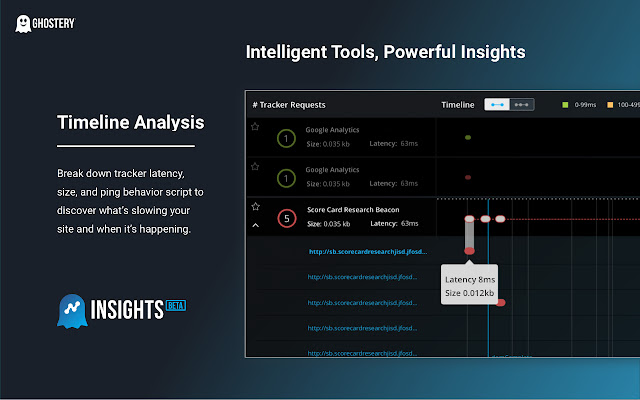
How Are Taxes Handled on Prop Trading Profits?
Ever wondered what happens to your gains when youre making a killing in proprietary trading? Navigating the tax landscape can feel like decoding a secret map, especially since rules vary wildly depending on where you’re based, what assets you’re trading, and how you structure your setup. For those diving into prop trading, understanding how taxes come into play isn’t just smart—its essential if you want to keep more of those hard-earned profits.
The Basics: What’s Prop Trading, and Why Taxes Matter
Prop trading, or proprietary trading, involves traders using a firm’s money to buy and sell securities, forex, crypto, options, commodities, and beyond—sometimes with a stake in the capital, sometimes more autonomous. Profitability in this arena can be significant, but the real question is: how do taxes influence those returns?
It’s a common misconception that profits are simply taken as-is. In reality, tax codes turn trading gains into a complex puzzle—especially because every jurisdiction has its own rules, and the types of assets traded add another layer.
How Are Profits Categorized? Different Assets, Different Rules
To really understand the tax implications, you need to see how profits are classified:
- Stocks and ETFs: These are often taxed as capital gains, with long-term versus short-term holding periods affecting the rate.
- Forex and Crypto: Usually considered currency or property, their tax treatments can be quite different, especially across countries. For example, U.S. traders might face 60/40 tax rules for forex, whereas crypto gains are often treated like property sales.
- Options and Futures: Usually taxed as futures contracts with special “Section 1256” rules applicable in the U.S., potentially offering a favorable 60% long-term and 40% short-term capital gains rate regardless of how long you hold them.
- Commodities and Indices: These are often taxed similar to futures, and their handling can vary significantly depending on whether you’re trading on a regulated exchange or over-the-counter.
Each asset class has its unique nuances, and understanding these can help traders plan tax-efficient strategies—whether that’s holding period management or choosing the right accounts.
Tax Structures and Trading Accounts: Where You Trade Matters
Many prop traders use personal accounts, LLCs, or specialized trading entities to structure their operations. Why? Because certain structures can offer some tax advantages:
- Individual trading accounts usually mean profits are taxed as capital gains or income, depending on how the IRS views the activity.
- LLCs or corporations might give more flexibility—possible deductions for expenses, and in some cases, a lower tax rate—but complexity increases, and you may face double taxation if not careful.
In some regions like Singapore or the Cayman Islands, traders benefit from more lenient tax policies or even tax exemptions for trading profits, making those jurisdictions attractive hubs.
Decentralized Finance: The New Frontier
The rise of decentralized finance (DeFi) adds a whole new layer to trading taxes. As more traders venture into crypto staking, yield farming, and decentralized exchanges, questions about taxable events become more pressing. Many governments are still figuring out how to track and tax these activities, which poses both challenges and opportunities.
Decentralized trading offers anonymity and flexibility, but it also comes with increased scrutiny—regulators are stepping up efforts to ensure compliance and prevent tax evasion. Traders embracing DeFi need to be proactive in understanding their obligations and possibly leveraging tools like automated transaction logs and smart contracts that can help document trading activity.
The Future Is Bright—and Tech-Driven
Looking ahead, innovations like AI-driven trading bots and smart contract-based exchanges could radically reshape the landscape. Automated, algorithmic trading can optimize profits while also making tax reporting more straightforward. Imagine a system that automatically summarizes taxable events and calculates your liabilities in real-time—this could simplify compliance and reduce surprises at tax time.
Meanwhile, the development of decentralized and global trading platforms might make traditional borders less relevant. Traders could operate seamlessly across jurisdictions, but that also means understanding a patchwork of tax laws becomes even more critical.
Opportunities, Challenges, and Strategic Moves
Prop trading in this new era is packed with potential but also pitfalls. Opportunities like trading across multiple asset classes with different tax implications can give traders an edge—if they’re prepared. Diversification across Forex, stocks, crypto, options, and commodities not only spreads risk but also invites more sophisticated tax planning.
Keep in mind, staying compliant might mean working with tax professionals who understand trading intricacies. Also, maintaining meticulous records—trade logs, transaction receipts, and account statements—is non-negotiable.
Wrapping It Up: Taxes Are Just Part of the Trading Game
In the fast-evolving world of prop trading, knowing how taxes impact your profits isn’t just about avoiding penalties; it’s about unlocking your full earning potential. Whether you’re trading traditional assets or venturing into DeFi, understanding your tax obligations can help you craft strategies that maximize returns and keep you ahead of the curve.
The future of prop trading is bright, fueled by technological innovation and global connectivity. Embrace the possibilities, stay informed, and remember—how you handle taxes today can shape your success tomorrow.
Trade smart, pay smart—because your profits deserve the right payback.
